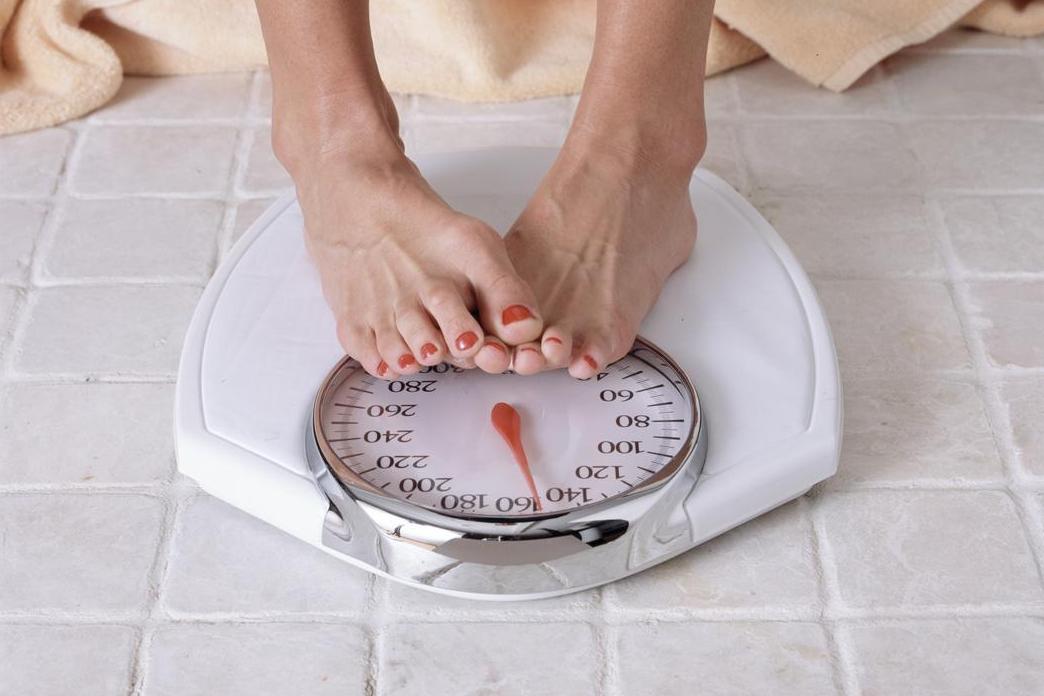Why exercising may not help you lose weight
You'll need to cut your calories if you want to shift the pounds

It is often said that the secret to losing weight is as simple as burning off more energy than you’re putting into your body. And by that logic, you should be able to shift some pounds by hitting the gym - provided you're not eating lots more than you were before.
But there may also be some truth in the saying that you can’t outrun a bad diet, as many people who’ve been pounding the treadmills for months without seeing any results will be able to attest.
As everyone (well, perhaps everyone except Donald Trump) knows, regular exercise does wonders for your mental health and general wellbeing, and it’s also been linked to longer life expectancy and reduced risk of heart attacks, diabetes and dementia.
However, increasingly research is showing that exercising won’t help you lose weight nearly as much as most people think.
‘People expect exercise to be a great way to help them lose weight, but the effects on weight are only small,’ says Dick Thijssen, a professor in cardiovascular physiology and exercise at Liverpool John Moores University.
Some studies have shown that working out raises your base metabolic rate which means you burn more calories over the course of the day, but according to Professor Thijssen, if you exercised for three or four months without changing your diet, you’d only lose about 1kg.
According to the Mayo Clinic, a not-for-profit medical research establishment in the US, in general, studies “have demonstrated no or modest weight loss with exercise alone” and that “an exercise regimen… is unlikely to result in short-term weight loss beyond what is achieved with dietary change.”
In 2012, a study by US researchers provided a breakthrough on the subject. They studied the Hadza tribe in northern Tanzania and as hunter-gatherers, the Hadzas spend their days being much more active than the typical Westerner.
The researchers expected the Hadzas to be able to eat a lot more as a result, but they found that the hunter-gatherers consumed around the same numbers of calories as those who live a Western lifestyle and had a similar energy expenditure too.
It strongly suggested that exercising without eating less would not help you lose weight.
A further US study conducted last year by the City University of New York found that those who exercise moderately burn about 200 calories more every day than those who don’t at all, but exercising more than that didn’t mean your energy expenditure became even higher.
Energy expenditure through exercise seemed to plateau at around 2,600 calories a day, the Mail Online reports.
“Individuals tend to adapt metabolically to increased physical activity, muting the expected increase in daily energy [expenditure],” the researchers explained.
The study suggests that exercising moderately will mean you burn more calories, but it’s not a case of the more you workout, the more you burn. Energy expenditure may have a limit.
It’s unclear as to why this may be the case though - some experts suggest it could be because after you’ve exercised, you move less for the rest of the day because your body is tired - perhaps you take the lift instead of the stairs or fidget less.
What’s more, many people overestimate how many calories they’ve burned off in the gym and so overcompensate by eating too much.
Professor Thijssen believes the key to weightloss is simply consuming less and cutting your calories.
It’s worth noting, however, that other studies have reached different conclusions and found that there is more of a linear relationship between exercise and energy expenditure.
Getting moving is undoubtedly good for the body - you’ll build muscle, tone your body and get fitter by working out. What’s more, exercising also reduces internal fat around your organs.
And many studies have shown that exercise reduces the risk of chronic conditions like type 2 diabetes, reduces blood pressure and improves brain and heart health
So don’t hang up your trainers just yet, but if you’re trying to lose weight, it could be worth skipping pudding once in a while.
Subscribe to Independent Premium to bookmark this article
Want to bookmark your favourite articles and stories to read or reference later? Start your Independent Premium subscription today.

Join our commenting forum
Join thought-provoking conversations, follow other Independent readers and see their replies